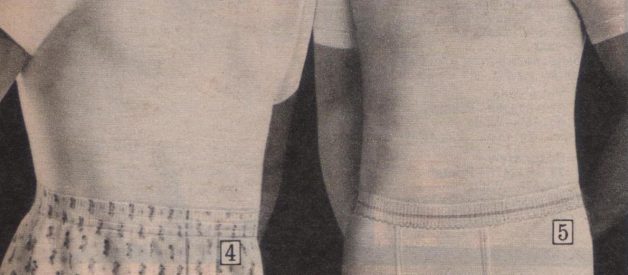What do viral phenomena even mean?
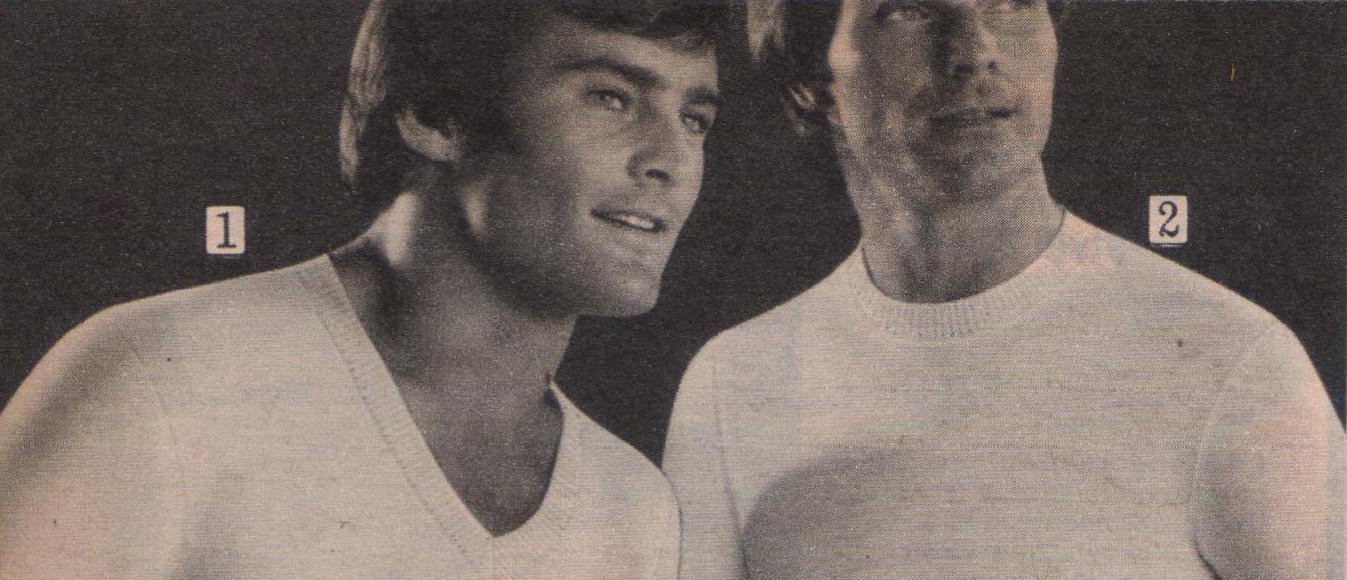
The anxiety began with The Dress, which was blue, and rolled through the news like a tidal wave, or an avalanche, depending on who you asked. The Dress, with its indeterminate color, and bodycon lace silhouette, was so densely the topic of conversation on the night of February 26, 2015 that I felt certain the rest of my life would be forever rearranged into the epoch of all that came before the garment, and a new, more important interpretation of the abbreviation A.D.
For several weeks and millions of page views we ran The Dress conversation into the ground, unable to pin down even a semblance of satisfying narrative meaning. To see the dress as white or blue meant nothing, except maybe something about the rods and cones in an individual?s eyes. Today, a little over six months later, the dress itself is on clearance, and global Dress-related discourse has slowed to a rate of fewer than twenty tweets per day. For a fleeting moment, it seemed to hold some arbitrary importance, but already it appears that history has sorted it into the toy box of kitsch nostalgia, alongside Dunkaroo cookies and leave Britney alone.
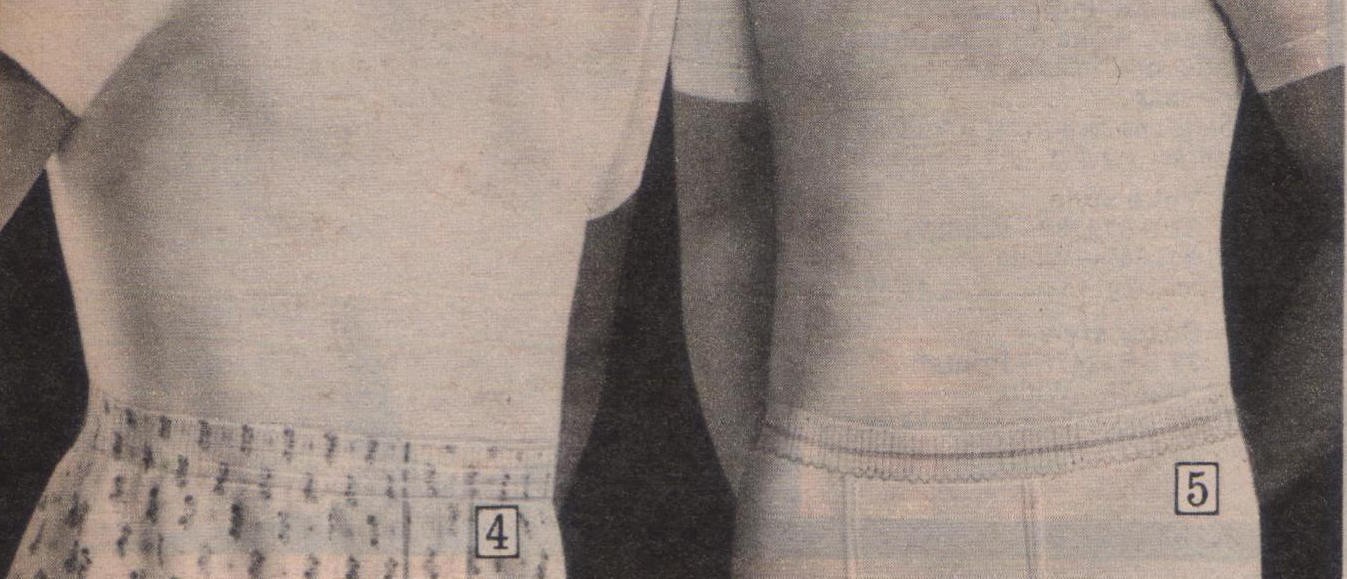
This anxiety, I think, has something to do with the speed and density of time. If dog years multiply into human years at a rate of roughly seven, then what is the conversion rate of the present into pre-internet pace? I get the sense that there might be an exponent involved, because lately I can feel the minutes populate themselves more and more thickly at a faster and faster rate, like maybe five years ago the clown car gag was funny enough with ten clowns, but now we must jam thirty or forty inside the vehicle in order to achieve the same thrill. This year?s Video Music Awards seemed somehow related to my panic. In 2009, it felt like sufficiently interesting news (news?) for a rapper to interrupt a pop star on stage, but this year, I find myself caught in the semiotic tangle of figuring out what it might mean for that same rapper to run for president against one reality star, and be married to another, while he buries the hatchet with the original pop star, but maybe only for television, or only cheekily, or only as a statement about race in America, or celebrity in the wake of the internet, or earnestness in the scope of the buzzy Twitter subplot that underscores the whole thing.
It could even mean nothing! The point is, the throwaway moments of the zeitgeist feel heavier now, or somehow more full, but maybe this is just what getting older has always felt like, at any moment in time. How could you ever tell? I?ve become obsessed with answering the question of what such trash minutiae of pop culture might have meant in an earlier era, when time was maybe slower or more thin.
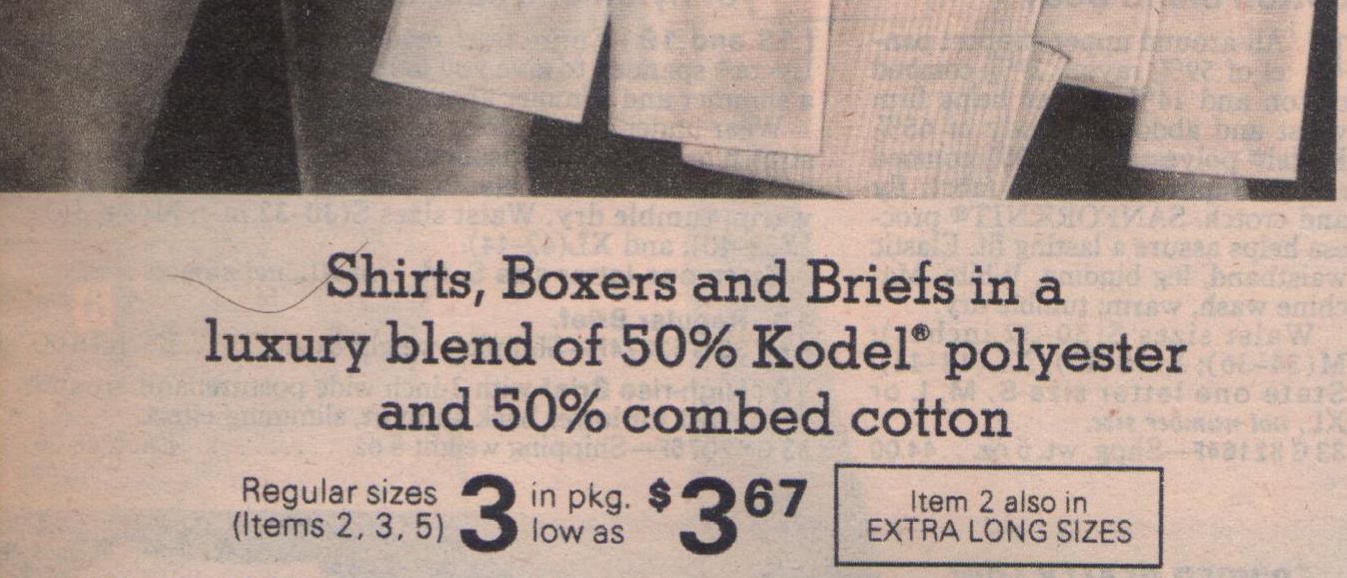
My mom only tells me about two penises. The first belonged to a man she saw masturbating in a car as she walked home at night from a party during college. The second belonged to the man on page 602 of the 1975 fall/winter Sears catalog. My mom was ten in 1975, and the catalog was a stock fixture in the powder room magazine racks of America. The penis was less of a penis and more of a characterless circumcised tip, peeping from the left leg of the model?s 50/50 cotton-Kodel boxers. Throughout my late-adolescence, my mom mentioned this penis irregularly, but often enough that I came to regard it as some defining element of her seventies childhood, like avocado-colored appliances or bell-bottom jeans. My mom herself seemed equally certain of the penis? time-honored relevance, describing her memory of passing the catalog amongst friends with a type of nostalgic ubiquity people generally employ when asked to describe their whereabouts at the moment when Kennedy was killed. I couldn?t tell you why, but The Penis seemed important.
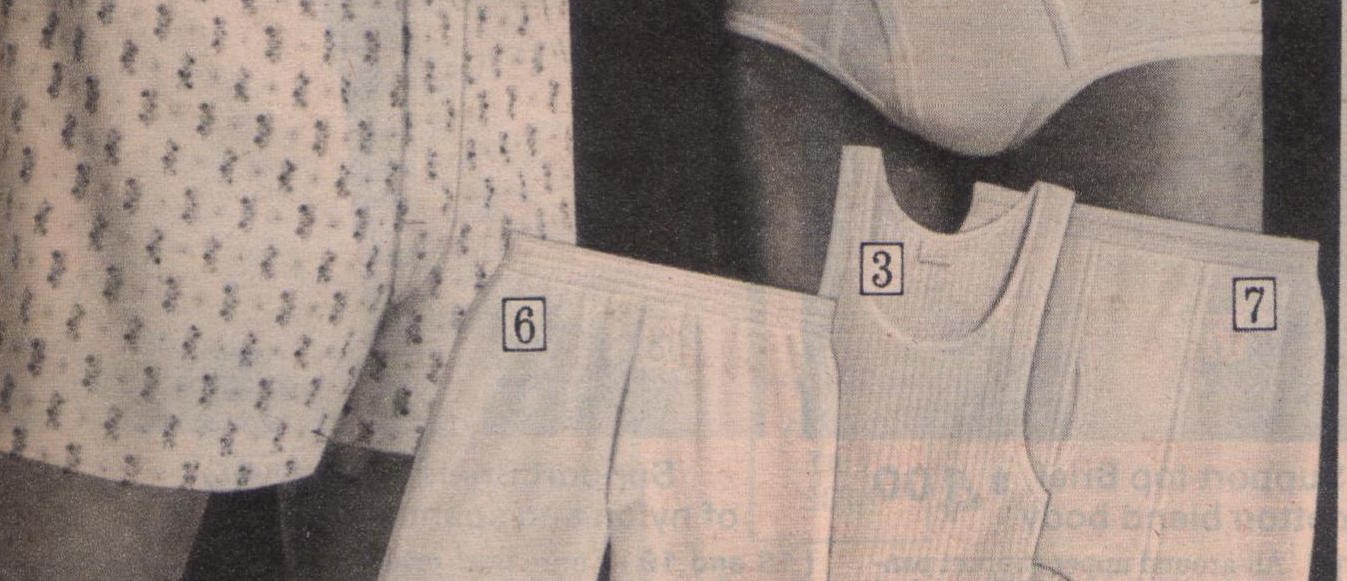
Lately I?ve been spending even more time on the internet than usual, searching on YouTube and in weirder places for some clue as to what it might have felt like to experience this type of viral triviality in a time before the net. To rewind the zeitgeist in this way feels like reading Middle English in that the words look the same (sort of), and you can (sort of) understand what?s going on, but the concrete hows and whys of the situation remain impenetrable. Consider a throwaway factoid from the Wikipedia page for Gaines-Burgers, a brand of dog food introduced in 1961:
In 1972, National Lampoon?s Deteriorata (a spoof of Desiderata, then enjoying a measure of popular attention thanks to a spoken word recording) singled out Gaines-Burgers ?with cheese? in order to poke fun at modern product advertising using the line, ?Take heart amid the deepening gloom that your dog is finally getting enough cheese.?
What could this anecdote possibly mean? Of course, there are the proper nouns ? a magazine, a parody, an obscure prose poem from the 1920s that gained improbable success as a 1972 spoken word Billboard hit ? but these definitions can be Googled easily enough. It?s the combination of terms that seems uncrackable, or maybe even the gray matter of context that surrounds them. I recognize the bones of a joke in place, but what I can?t figure out is: How funny was this anecdote in 1972? Was there something in the zeitgeist that favored dog food jokes, or especially distrusted advertising, or lent spoken word poetry some anomalous mass appeal? Could a foreigner from the future ever sufficiently learn the language of the past that makes such a quip feel funny, or relevant, or incisive, or whatever? Was this joke ever funny at all?
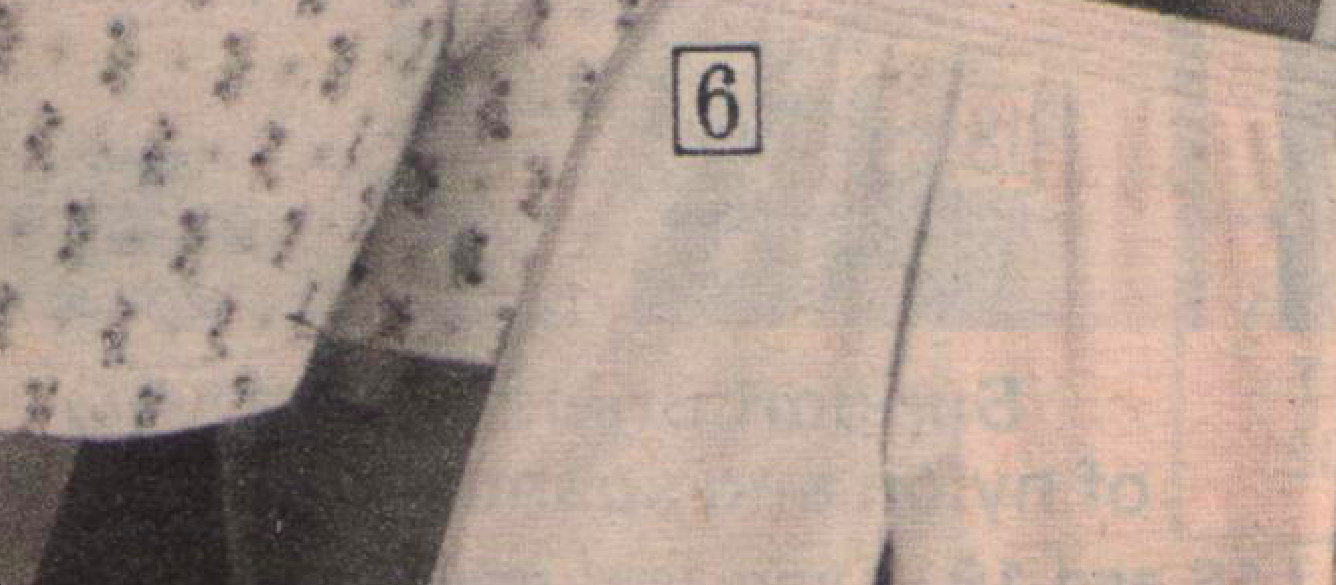
Somehow, all roads lead back to my mom?s second penis, the one from the Sears catalog, which resurfaces time and again in my efforts to understand the past in today?s terms. Increasingly, The Penis seems like an antique mirror to The Dress ? an arbitrary combination of goofball variables that for some reason seem to embody the important spirit of a time. I?m not even sure what to call this type of thing. The Sears penis isn?t a meme, and The Dress isn?t news (despite what the feed in the sidebar of Facebook might insinuate). The best I can offer in terms of a top-level category is maybe phenomenon ? an observable fact that is hard to explain.
Trying to explain away The Dress or The Penis feels pointless in the same way that analyses of humor are never funny. When I started writing this piece, it was going to be a researched analysis of what a funny anecdote might have meant in the past, but as I spoke with a dozen people who remembered poring over the Sears catalog in the autumn of 1975, I became bored and distrustful of the idea that these types of phenomena could ever reliably mean anything at all. My anxiety about the density of time and culture is masturbatory in a dumb and luxurious way, but I think it reflects some anxious urgency to find meaning in the present before we?ve even given it time to unfold.
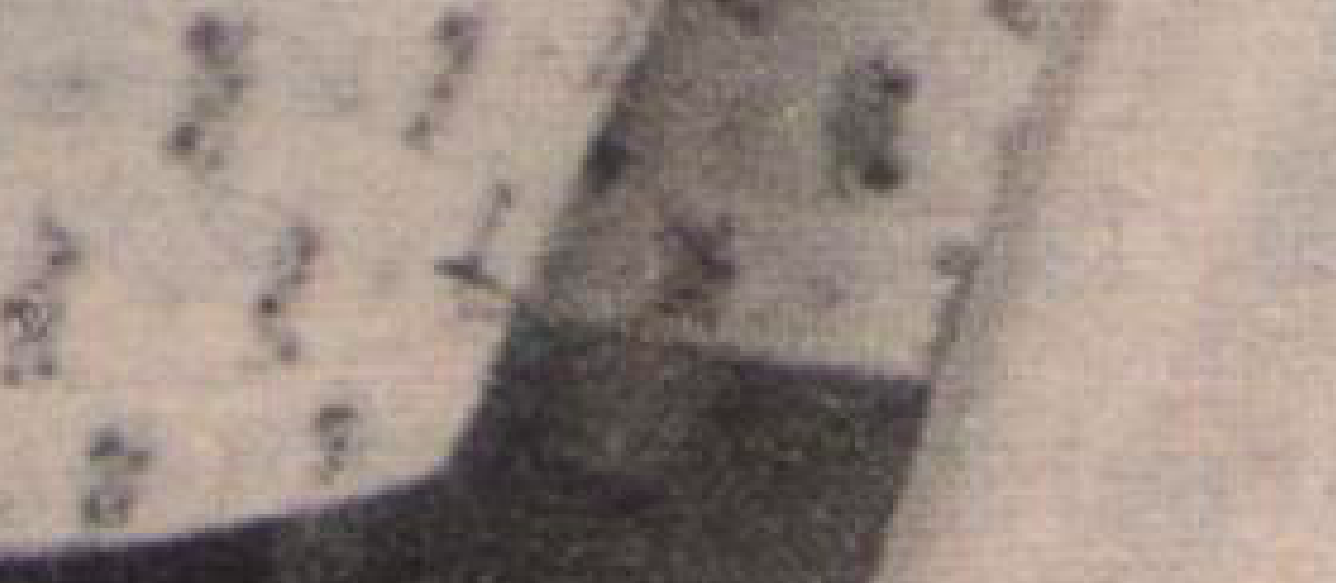
It was difficult to track down anyone who remembered the Sears penis in the first place, and the memories from those I did find had almost nothing meaningful in common, symbolically or otherwise. To different people, remembering The Penis could mean anything from Judy Blume novels to formative gay identity to the rise of internet porn and the Janet Jackson Super Bowl nip slip of 2004. In this sense, it seems like these phenomena might have nothing to do with any true spirit of the times, and everything to do with accidentally generating a novelty vague enough to appeal to the thousands of hyper-specific zeitgeists swirling the the air at a given moment.
On February 26, The Dress felt like an important beginning because I followed the coverage on my dying phone as I waited for a locksmith to come let me back into my first grown-up New York apartment, an apartment I?d moved into only five days before. To someone else, The Dress might be remembered as a breakup, or the end of Twitter, or the beginning of Twitter, or an extra lonely Thursday night at home. For the majority of people, though, I doubt it will even be remembered at all.
